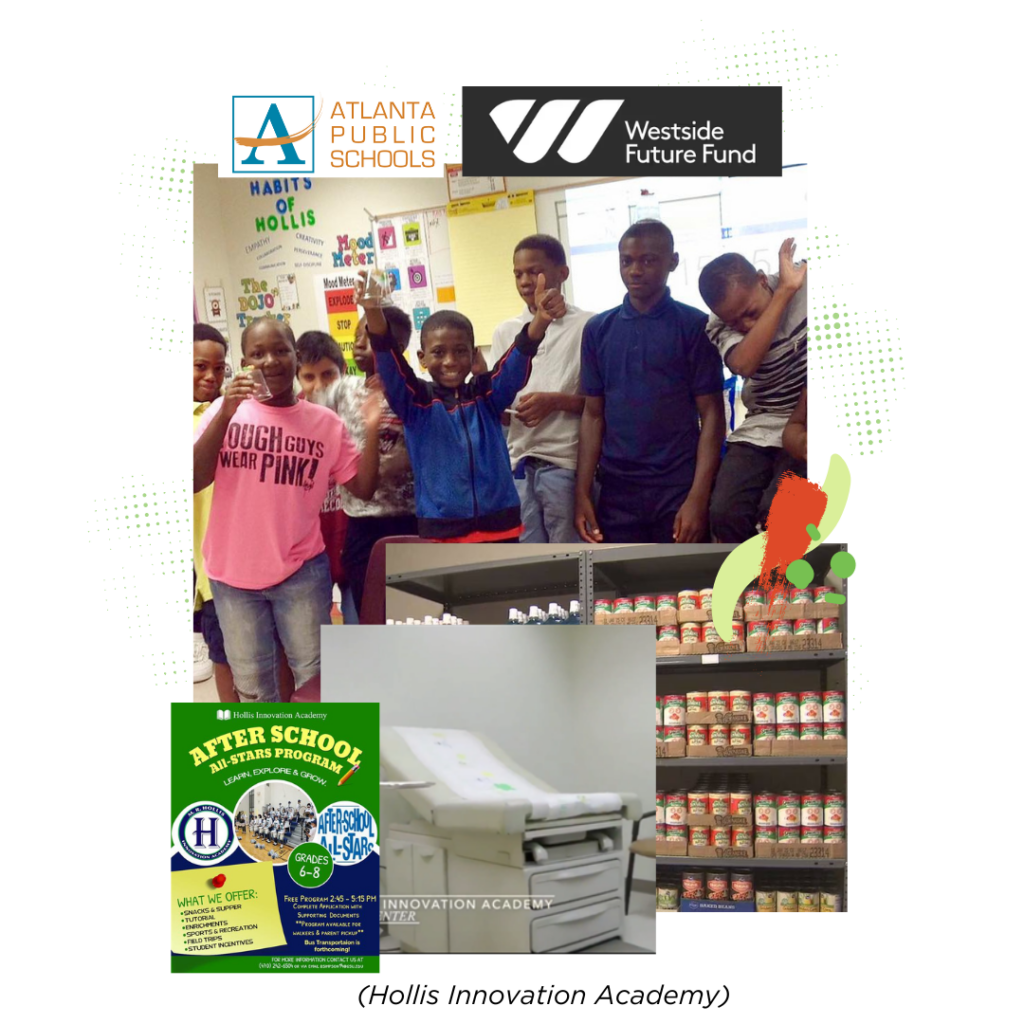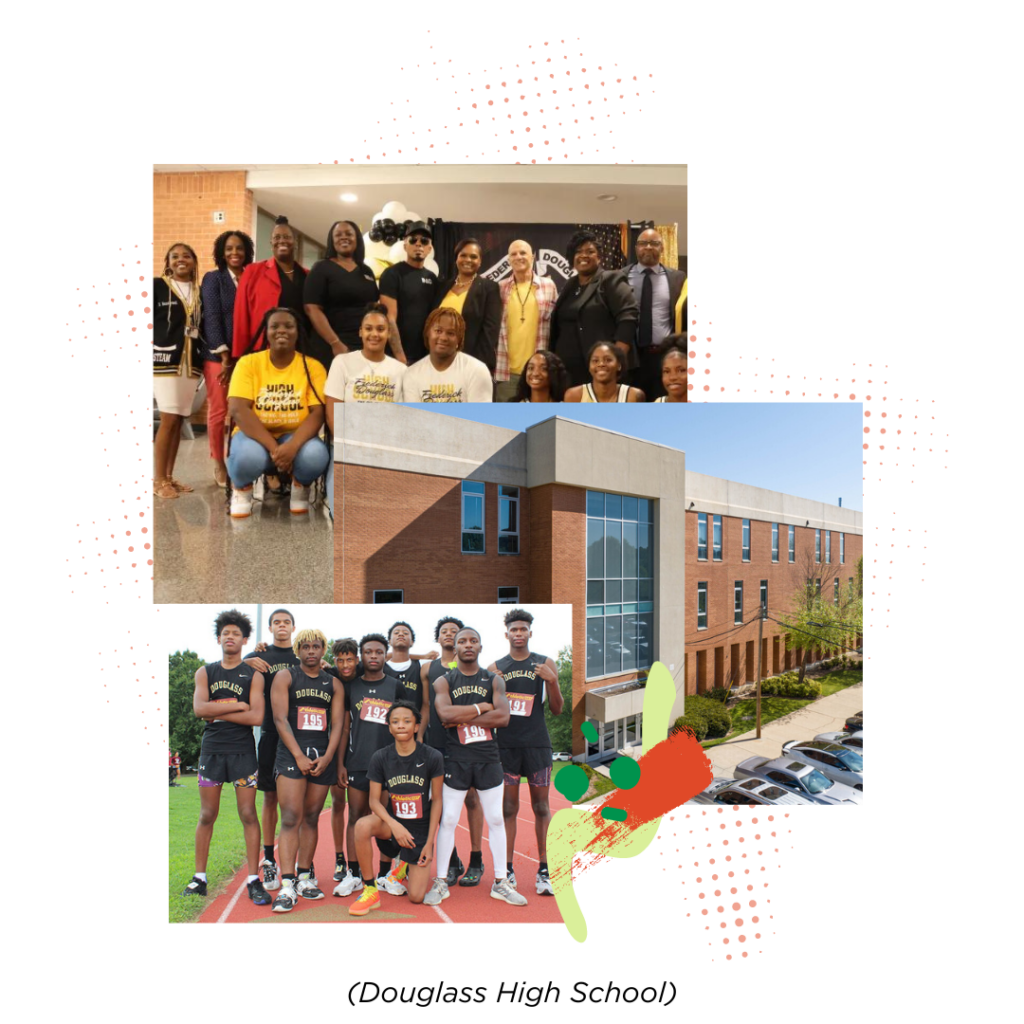Atlanta Public Schools’ next superintendent was projected to be hired by July 1, 2024. The APS BOE has extended the search throughout the remainder of 2024. We know the next superintendent must take bold action to meet the priorities shared among school stakeholders across the district:
With two new board members on the Atlanta Board of Education, there is still time to share your feedback and encourage the school board to select a superintendent who will innovate for APS.
With insight gathered from surveys, interviews, and focus groups, these are the characteristics the school board wants in the next superintendent:

The four top-rated priorities that stood out in most surveys, interviews, and focus groups were:

Case Study – Lessons from APS: How Autonomy and Innovation Can Fuel Sustained School Progress

Attracting and retaining staff with diverse identities, backgrounds, and lived experience in public schools and the public school system
Further diversifying our board to include deeper lived experience and perspective from public school parents and under-resourced communities

Creating an inclusive working culture that celebrates difference, promotes universal belonging, and fosters ongoing learning and personal growth

Adopting participatory grantmaking practices to include those with deep lived experience in public schools and the public school system in the decision-making process
Partnering with communities to advance racial justice in education and on other issues, including housing, health, and economic stability


Join our growing collective of parents, educators, community leaders, and philanthropists invested in Atlanta public school education. Together, we will transform this city into a place where every student in every community has access to a great K-12 public education.

Copyright © 2025. All rights reserved.
Privacy Policy | Terms of Use